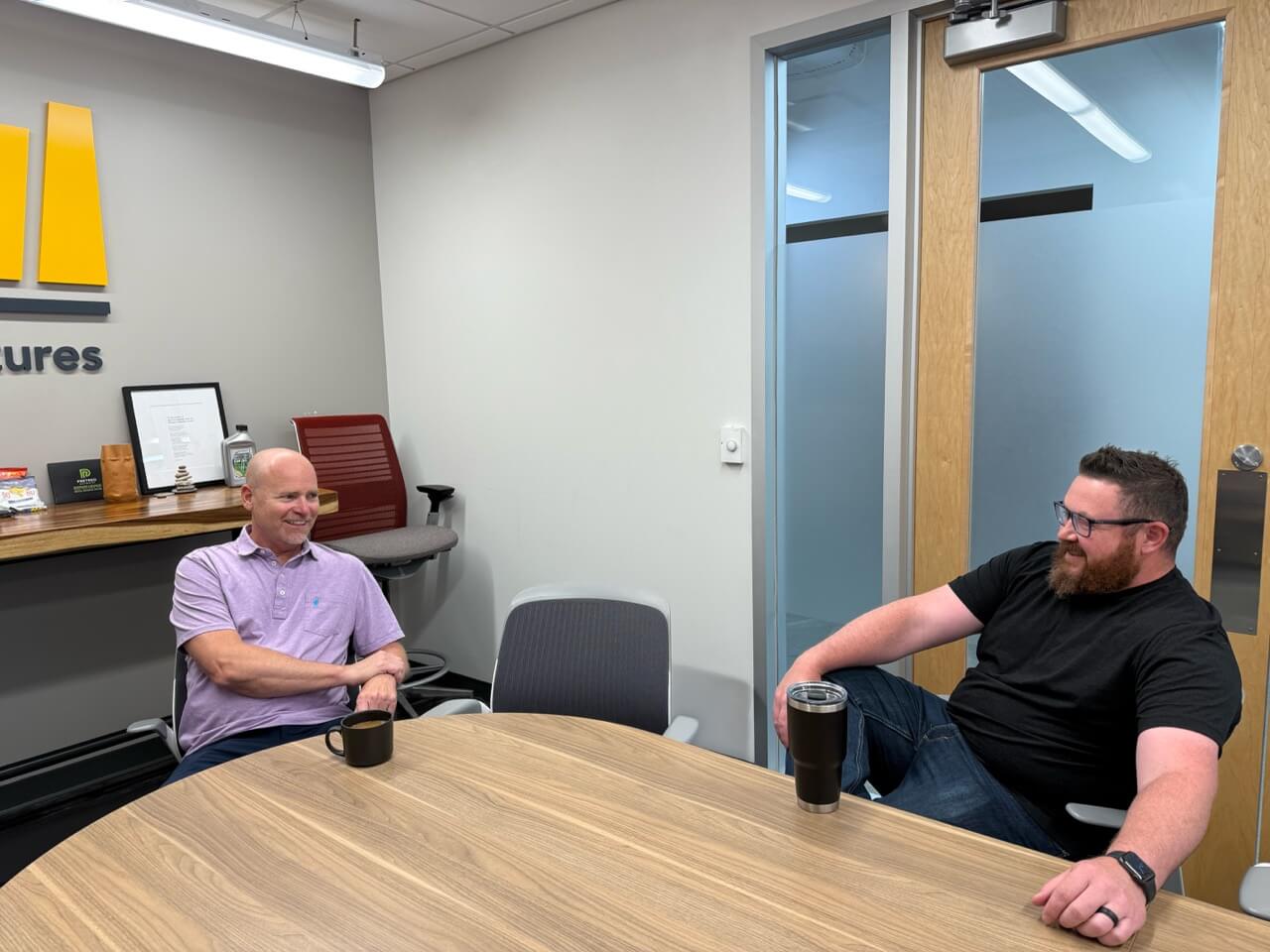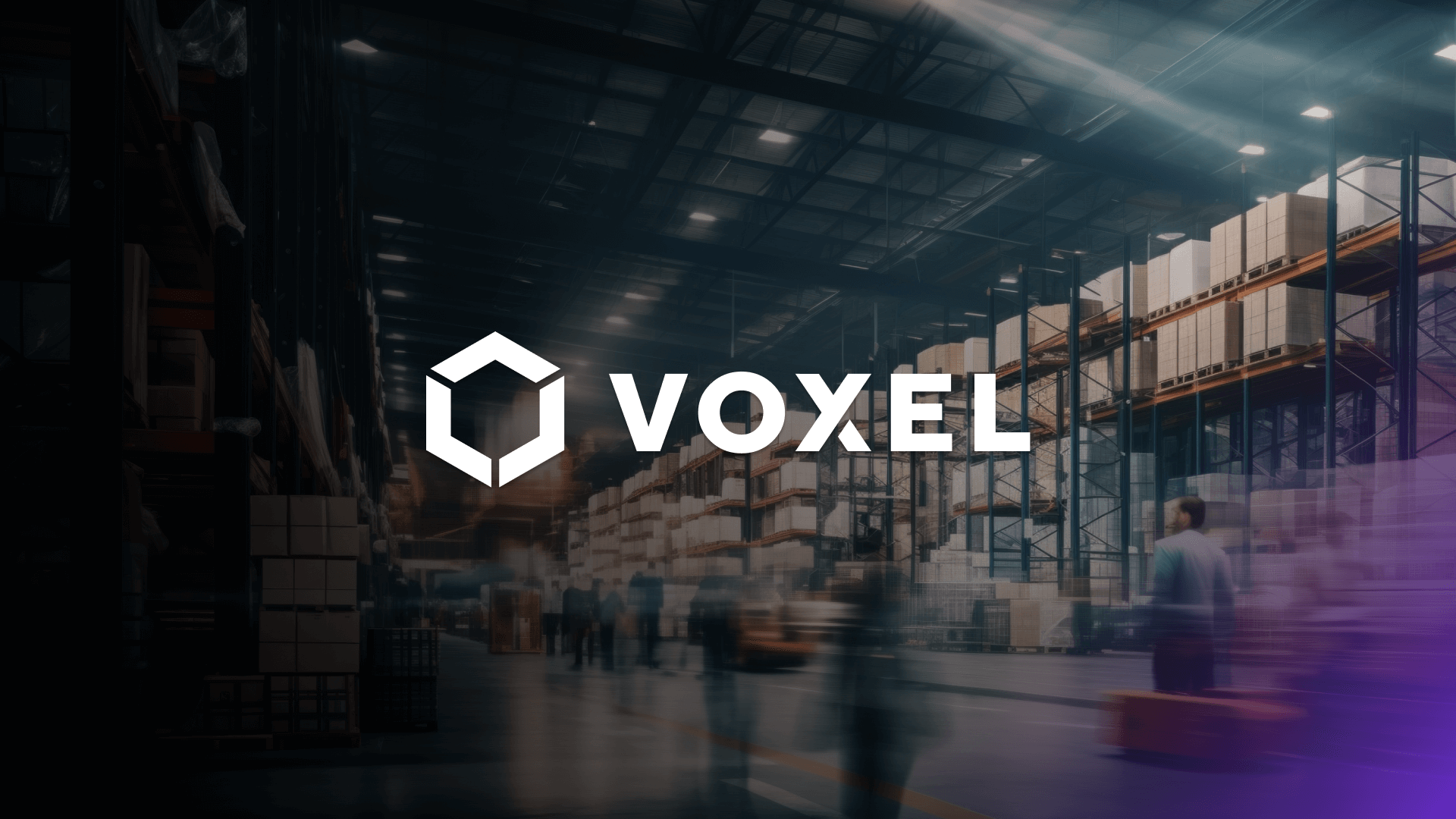Venture Director, Mitch Black explains why startup CEOs must balance bold vision with disciplined execution, and how understanding one’s own strengths can make all the difference. Drawing from both personal experience and his work mentoring founders, Mitch offers practical insights for navigating this leadership challenge.
Many first-time founders and entrepreneurs struggle to balance big-picture vision with day-to-day execution. Especially in the early stages, founders are expected to articulate an inspiring future while also delivering results in the here and now. Doing either well is a challenge, but both? After many years of leading organizations, I am now advising and mentoring start-up CEOs and founding teams and see the struggle of balancing vision and operating discipline consistently.
Finding the Balance: Vision vs. Execution
Vision is a long-term, aspirational goal that defines where a company wants to be in the future. The founder normally “sees” the WHY and even the WHY NOW in projecting the company’s future impact. Meanwhile, operating discipline in a startup refers to the ability to consistently execute business activities with focus, structure, and accountability, even during the roller coaster ride that describes early-stage companies.
So how do I know if I am better at one or the other?
Many people assume that all founder CEOs are magnetic personalities and see the world from 50,000 feet and motivate people through sheer will. While many founders certainly fit that description, others may be more naturally technical and internally focused; and while these leaders are skilled at building, aligning resources and developing a solution to solve a market-driven problem, scaling a business with vision to build long-term value can be a challenge. The former is more common, but both are important to succeed.
I find founders and entrepreneurs typically already have vision and then learn operating discipline. And learning it really is critical. It is a key point to enabling startups to scale successfully versus those businesses that fade away. This starts with strategic planning and milestones then evolves into KPIs and tactical measures underpinned by team communication. There are many frameworks designed for driving operating disciplines such as OKRs, SMART Goals or EOS. My advice, just pick one and stick to it. Be consistent.
Know Your Strengths
Few founder CEOs possess both vision and operational excellence right out of the gate. I started my career in sales and then management in a larger company well before leading a company. So while my ability to apply vision early in my career was limited, the benefit of working for a larger company was understanding first-hand how operating disciplines in your business can drive organizational accountability and execution.
If you are visionary founder and unsure if operational discipline is a strength, ask your mentors, investors or friends, or consider taking a simple personality/EQ test, like StrengthsFinder or DiSC.
Knowing who you are is a gift and attempting to be someone else is a recipe for failure. If a visionary founder lacks operating discipline, it can be learned, to a point. I recommend always leaning into your strengths and offsetting weaknesses by surrounding yourself with people that complement you. If possessing or developing operation discipline is a stretch, find a co-founder or key number two with the ability to develop a disciplined operating process and rhythm around your vision.
Simply put, the more successful founders that evolve into great CEOs often possess both vision and operational excellence. If it is still in the early stages of the business, know who you are now and act accordingly.




